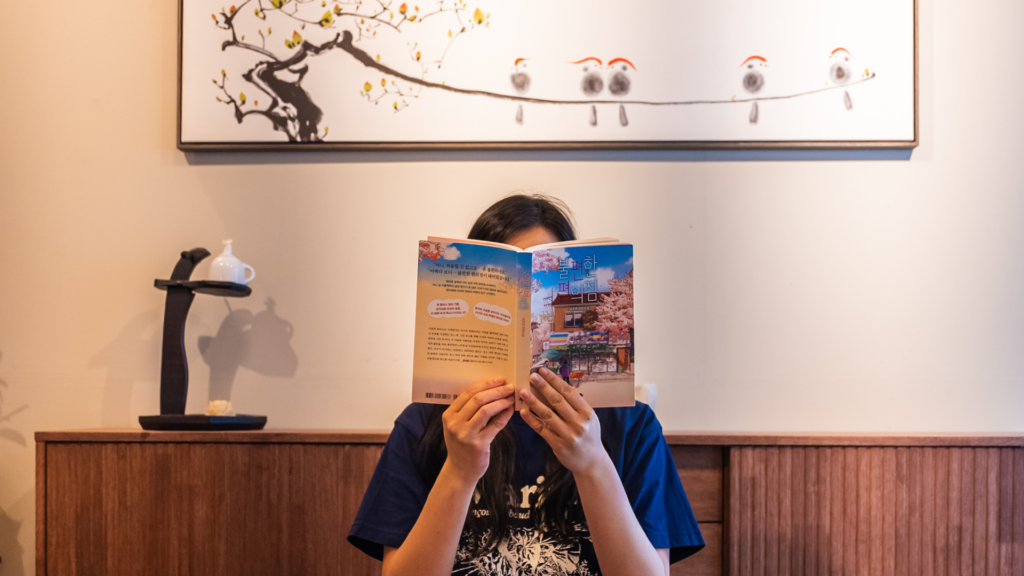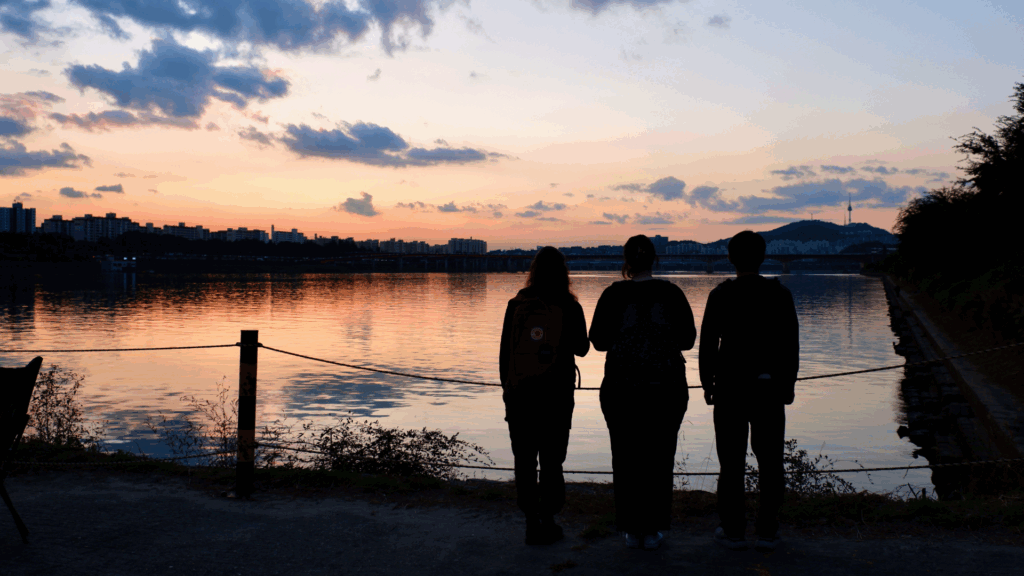White Day in Korea (화이트데이, hwaiteu-dei), is a holiday that follows Valentine’s Day and is celebrated on 14 March. On 14 February, it is customary among Korean couples for the woman to give the man chocolate as a gift. In the following month, it is the man’s turn to return the gift and give his beloved a present. In this article, we explain the origins of White Day in Korea and how people celebrate it.
The origins of White Day in Korea
White Day is a commercial holiday that originated in Japan. Confectionery companies focused on publicising a way to reciprocate the kindness received by women on Valentine’s Day and this custom gradually caught on.
Initially, it was referred to as Marshmallow Day, because the “designated” gift was marshmallows. Since they were white, the holiday later changed its name to White Day, and people began to give not only marshmallows, but other white sweets as well, where white colour is reminiscent of purity. This holiday then spread to other Asian countries, such as South Korea, Taiwan and China.
Nowadays, the custom of giving white sweets during White Day in Korea still persists among many, but it is not limited to that. Many men also choose to give milk or dark chocolate, or some would even give gifts that are not confectionery.

How people celebrate White Day in Korea
White Day in Korea can be an occasion for couples to go out on a special date, just like Valentine’s Day. While for those not officially dating yet, it can be an opportunity for men to declare their love. Either case, on this day it is the man who gives the woman a gift, and not the other way around. Women, in fact, have already made the decision the month before.
It is a good custom, if one received something on Valentine’s Day, to return the favour so that the gift given is three times the value of the one received. As mentioned, the gift tends to be white chocolate or other white-coloured sweets, but nowadays, not everyone sticks to this rule – many opt for sweets of a different kind, or they may even combine them with other gifts, such as flowers or jewellery, depending on how serious the relationship is between the couple.

Useful White Day-themed vocabulary
If you want to celebrate White Day in Korea, it might be useful for you to know a few related terms. Let’s start with those related to gifts first (선물, seonmul):
- 초콜릿 (chokollit), chocolate;
- 사탕 (satang), candy;
- 꽃다발 (kkotdabal), bouquet of flowers;
- 보석류 (buseok-ryu), jewellery.
For couples (커플, keopeul), here are some useful dictionary:
- 남자친구 (namja-chingu), boyfriend/boyfriend, also abbreviated to 남친 (nam-chin);
- 여자친구 (yeoja-chingu), girlfriend/girlfriend, also abbreviated to 여친 (yeo-chin);
- 데이트 (deiteu), romantic date (from English “date”);
- 사랑 (sarang), love;
- 사랑하는 사람 (saranghaneun saram), beloved.
Finally, to confess your love (사랑을 고백하다, sarangeul gobaekhada), you can say:
- 좋아요 (johayo), I like you. To be less formal, you can remove the final -yo and simply say 좋아 (joha);
- 사랑해요 (saranghaeyo), I love you. Again, there is the less formal variant without the -yo, i.e. 사랑해 (saranghae);
- 저랑 사귈래요? (jeorang sagwillaeyo?) / 나랑 사귈래? (narang sagwillae?), which literally translates as “will you date me?” – both in a more formal and informal version;
- 너 없이 못 살아 (neo obsi mot sara), I can’t live without you.
If this topic is of particular interest to you, we recommend you reading our article How to say I love you in Korean too.
We hope you enjoyed this article on White Day in Korea! Have you ever celebrated or are you planning to celebrate this day? Let us know in the comments! Meanwhile, for more information on Korean language and culture, keep following the Go! Go! Hanguk blog and do not hesitate to contact us about living and studying in Korea.








